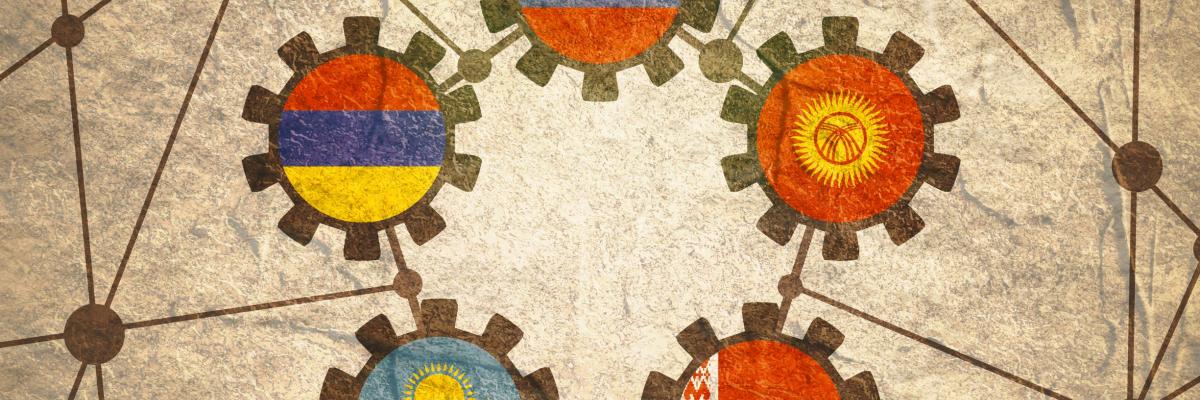Countertrade in Modern Geoeconomics: A Study of Indonesia and the Eurasian Economic Union

As global trade dynamics shift amid geopolitical tensions and economic fragmentation, countertrade—a trade mechanism involving the exchange of goods and services without immediate monetary payments—is regaining strategic prominence. This paper explores its contemporary relevance in trade relations between Indonesia and the Eurasian Economic Union (EAEU).
The study assesses Indonesia’s historical and recent experiences with countertrade, particularly in defense acquisitions, where barter, offsets, and counter-purchases have been prevalent. Highlighting specific cases, such as the Sukhoi aircraft acquisition from Russia and subsequent disruptions due to U.S. sanctions, it outlines countertrade’s strategic benefits and operational hurdles.
Employing a detailed theoretical approach based on the firm heterogeneity framework, the paper differentiates the viability and strategic implications of countertrade for various firm types in Indonesia:
- Super-Large Firms: Conglomerates with substantial resources benefit most, leveraging countertrade to secure critical resources and access controlled markets.
- Large Firms: Primarily state-owned enterprises and significant private players, these firms engage in countertrade mainly to pursue economic diplomacy and market expansion, balancing strategic benefits against increased costs and complexity.
- Small and Medium-Sized Enterprises (SMEs): Typically constrained by higher operational costs and limited negotiation power, SMEs may only find countertrade viable with substantial external support or when integrated into larger firms’ supply chains.
The analysis emphasizes countertrade's multifaceted role as both an economic tool and a strategic diplomatic instrument. However, it underscores significant practical challenges—including increased transaction costs and administrative complexities—that limit broader adoption. Ultimately, the paper suggests that while countertrade can offer strategic advantages under specific conditions, traditional monetary trade remains the most efficient route for most businesses, necessitating careful policymaking to navigate the intricate balance between economic efficiency and strategic necessity.
About the authors
Dr Harry Wardana is a Postdoctoral Research Fellow at the Institute for International Trade, School of Economics and Public Policy, The University of Adelaide. His research focuses on international trade, policy evaluation, firm-level studies, and the level playing field in trade and environment. He has a PhD in Economics and Econometrics from the University of Adelaide and an MSc in Public Policy and Management from Carnegie Mellon University.
Sonia Anggun Andini is a Master Scholar in Economics and Resource Policy, specializing in International Trade and Development, at the School of Economics and Public Policy (SEPP), The University of Adelaide. Her program is funded by the Australian Awards. She currently works as an economic analyst at the Coordinating Ministry for Economic Affairs (CMEA), Government of Indonesia, where her main portfolio involved bilateral cooperation with countries in the Pacific, Oceania, and Southeast Asia, including Indonesia’s trade and investment relations with Australia and New Zealand.
The views expressed here are the author’s alone and not those of the Institute for International Trade.
Image JEGAS RA_144937994_AdobeStock
This work is licensed under Commons Attribution-NonCommercial-NoDerivatives 4.0 International License.
IIT is a global leader in researching, analysing and commenting on International Trade.
Stay informed about our up-and-coming seminars, events, publications, awards, new projects and collaborations, and other exciting news.
